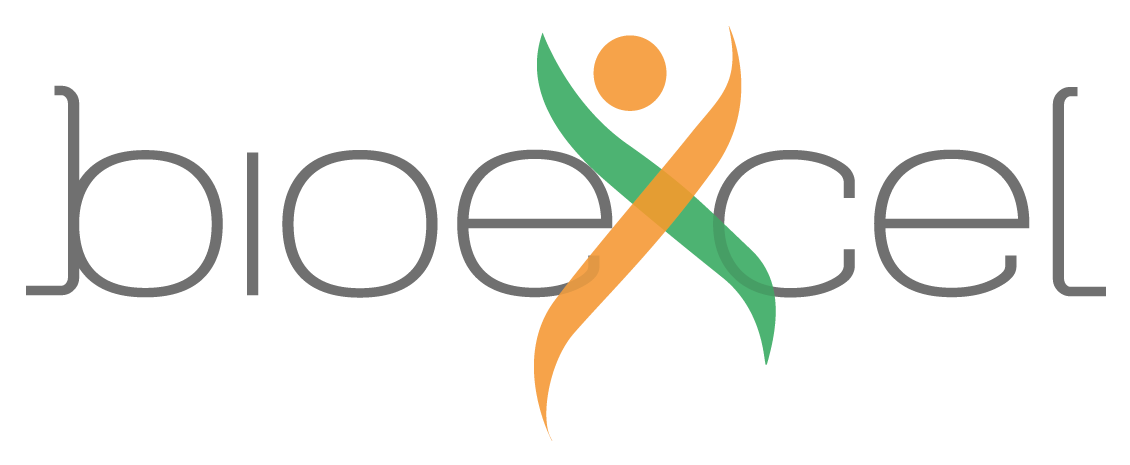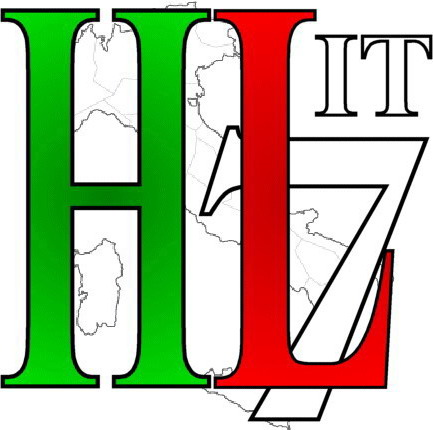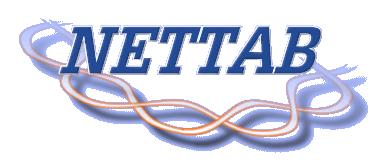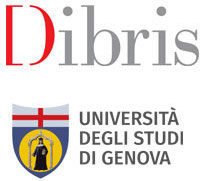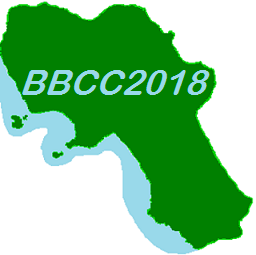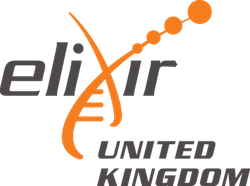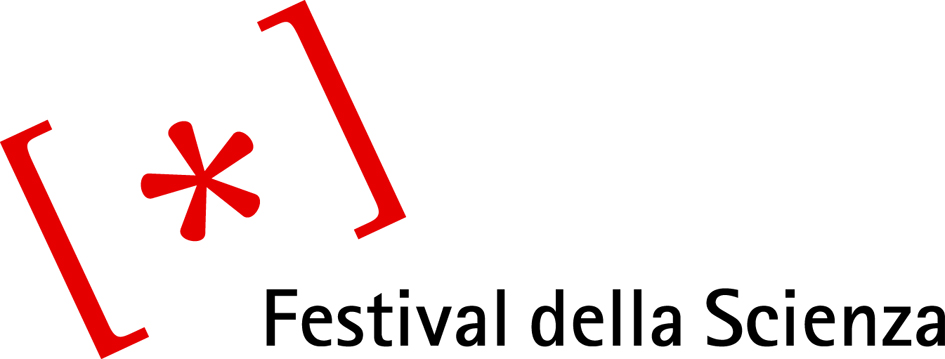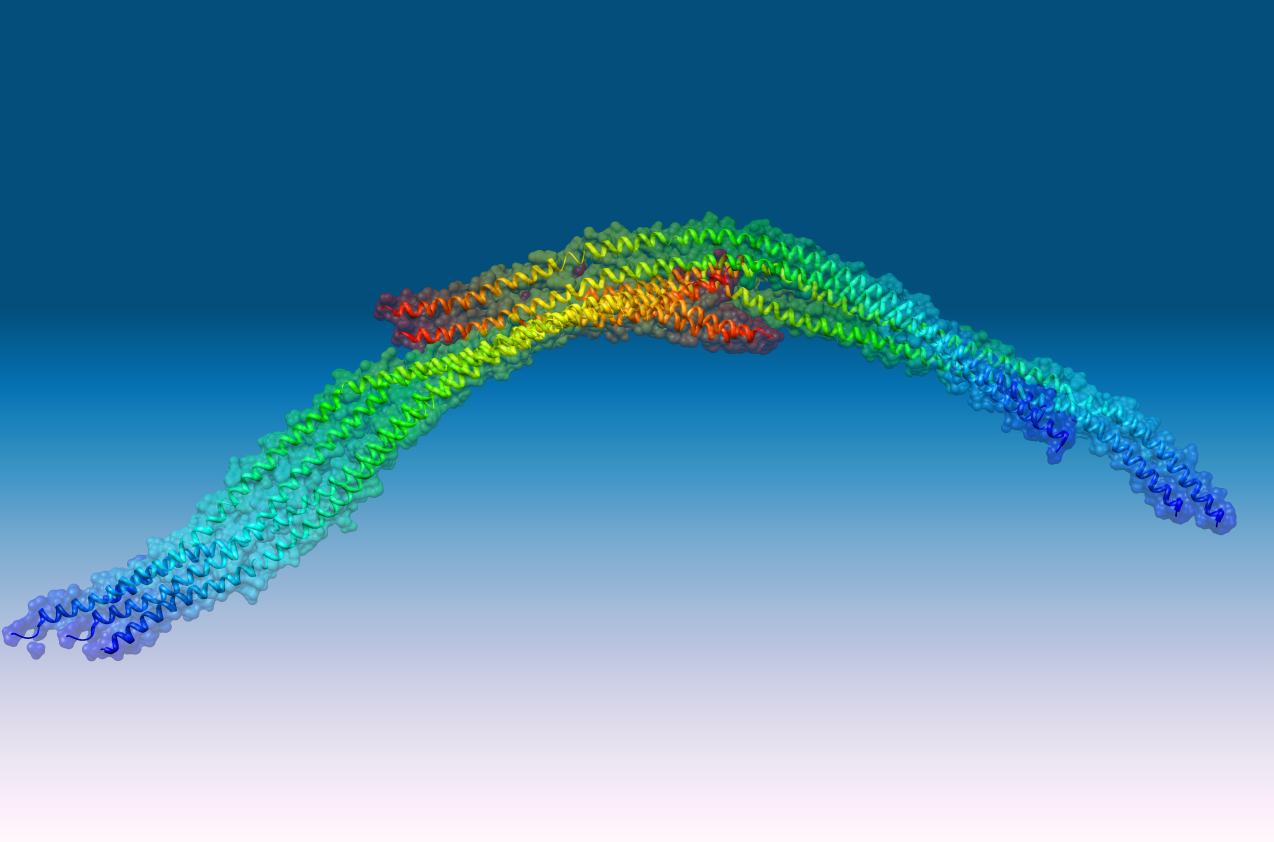The FAIR Guiding Principles for scientific data management and stewardship, published in 2016, has sparked worldwide interest across the biology community: from grassroots to policymakers, and from data providers to publishers.
The Principles are a guide to enabling and testing datasets, software, and other research objects with regard to the availability of machine processable metadata. It seems that their greater power is as a rallying cry for policy makers, open science promoter, and stakeholders across science. The European Open Science Cloud (EOSC) and the NIH Data Commons have put the FAIR principles their component. Science Europe has adopted FAIR principles as the basis for sharing administrative data on funding. All the EU Research Infrastructures for Life Sciences, and in particular ELIXIR, have indicated their commitment to the FAIR Principles. The EFPIA partnership of pharmaceutical companies has launched a call for the “FAIRification” of their and public datasets.
The promise is that by improving the “FAIRness” of research data we will unlock the potential for both scientific research and society to benefit, and enable contribution to economic growth.
In order to make the FAIR concept a reality, we need to answer many questions, like: What is FAIRness? How to make FAIR data a reality? How to facilitate the translation to FAIR data? How to measure it? On these topics, there are many ongoing projects, such as EOSCpilot, FAIRmetrics, FAIRsharing, and GO-FAIR.
Now is the perfect time to discuss on these topics and related actions, and to move on from FAIR principles to FAIR practice. All interested actors, with different levels of involvement and expertise, are invited to join forces and promote a common effort towards the implementation of a FAIR environment. The workshop will provide an excellent environment and a range of opportunities to present and discuss methods, theoretical approaches, algorithms, tools, platforms, practical applications and experiences of FAIR in Bioinformatics.
